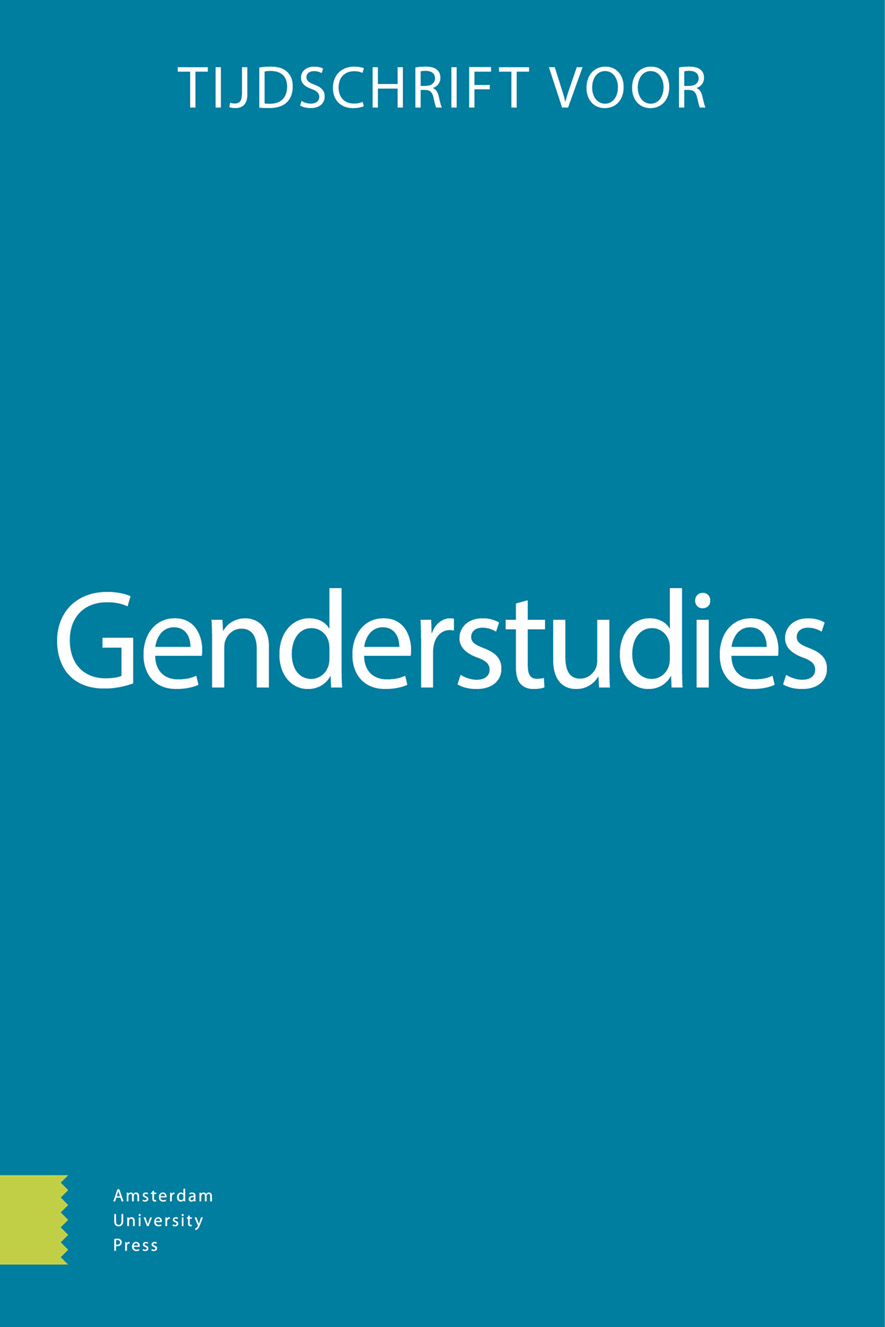-
oa Dark skin, hourglass figure: The sexualisation of Black women in the Dutch sex industry
- Amsterdam University Press
- Source: Tijdschrift voor Genderstudies, Volume 24, Issue 3/4, Dec 2021, p. 315 - 330
Abstract
This article explores racial performance and the hypersexualisation of Black women in the Dutch sex industry. In the global sex trade, racialised women are constantly regarded as victims of sex trafficking without any agency, particularly migrant sex workers in European countries. While there is plenty of literature on how racial hierarchy affects Black women in the U.S. sex industry, such relevant research is lacking in Europe. In this explorative research, I deconstruct the images of Black women and set its narrative in the Netherlands. With semi-directive and in-depth interviews, I intend to highlight how Black sex workers perform images of Blackness and racial stereotypes when seducing male clients. My theoretical framework includes Patricia Hill Collins’s ‘controlling images’, Gloria Wekker’s ‘cultural archive’, Philomena Essed’s ‘everyday racism’, and Sunita Patel’s ‘racial performance’.


